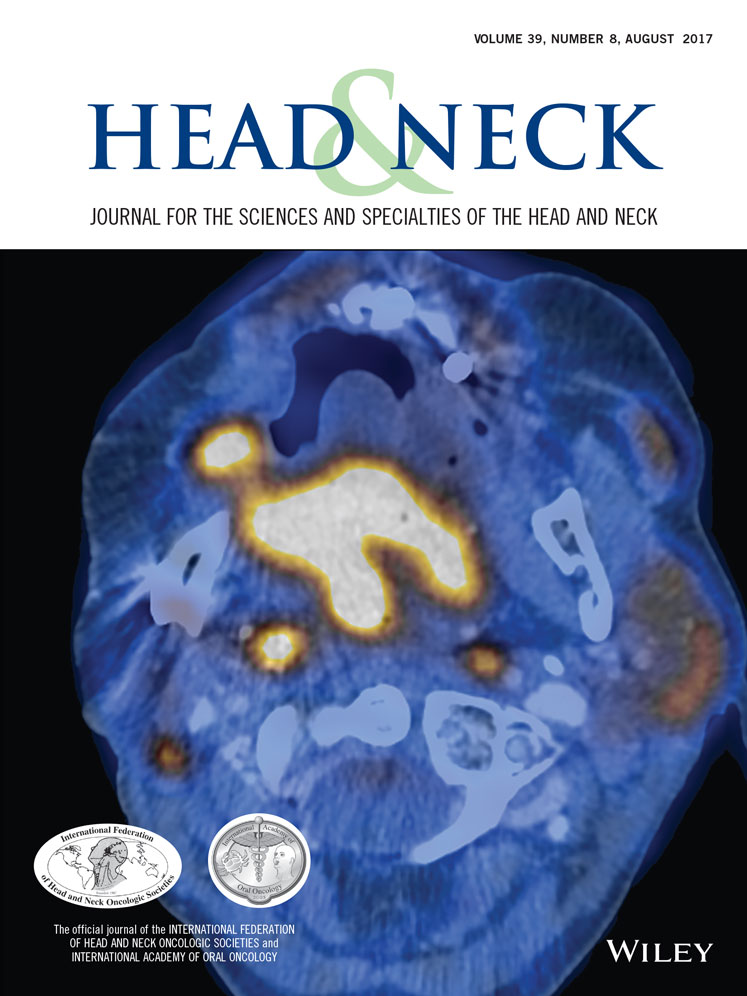Multiple single nucleotide polymorphism analysis and association of specific genotypes in FHIT, SAMD4A, and ANKRD17 in Indian patients with oral cancer
Funding information: This research project was supported by an intramural grant from NMIMS (Deemed-to-be) University, Mumbai.
ETHICAL APPROVAL: All procedures performed in the studies involving human participants were in accordance with the ethical standards of the institutional and/or national research committee and with the 1964 Helsinki Declaration and its later amendments or comparable ethical standards.
Abstract
Background
Oral cancer has a high incidence primarily because of tobacco chewing habits. However, a small proportion of habitués develop oral cancer, implying a role for genomic variants in its susceptibility.
Methods
Thirteen single nucleotide polymorphisms (SNPs) in an Indian cohort comprising patients with oral cancer (n = 500) and healthy controls (n = 500) were genotyped using allelic discrimination real-time polymerase chain reaction (PCR).
Results
Prevalence of SNPs rs11130760, rs1957358, rs2306058, rs4883543, rs12637722, rs1457115, rs2353292, rs709821, rs2194861, rs4789378, rs3827538, rs2667552, and rs2886093 was determined in the Indian cohort. A significant association of rs11130760 GG (odds ratio [OR] 1.41; 95% confidence interval [CI] 1.08-1.84) and rs1957358 TT (OR 1.44; 95% CI 1.10-1.90) indicated increased risk; whereas rs1957358 TC (OR 0.67; 95% CI 0.53-0.87) and rs2306058 CT (OR 0.72; 95% CI 0.56-0.93) reflected decreased risk. The SNP rs11130760 wild-type (WT) allele G indicated an increased risk for oral cancer (OR 1.38; 95% CI 1.09-1.73), whereas SNP allele T indicated a decreased risk (OR 0.73; 95% CI 0.58-0.92) for oral cancer.
Conclusion
Our study identified SNPs with susceptibility to oral cancer in high-risk populations.




